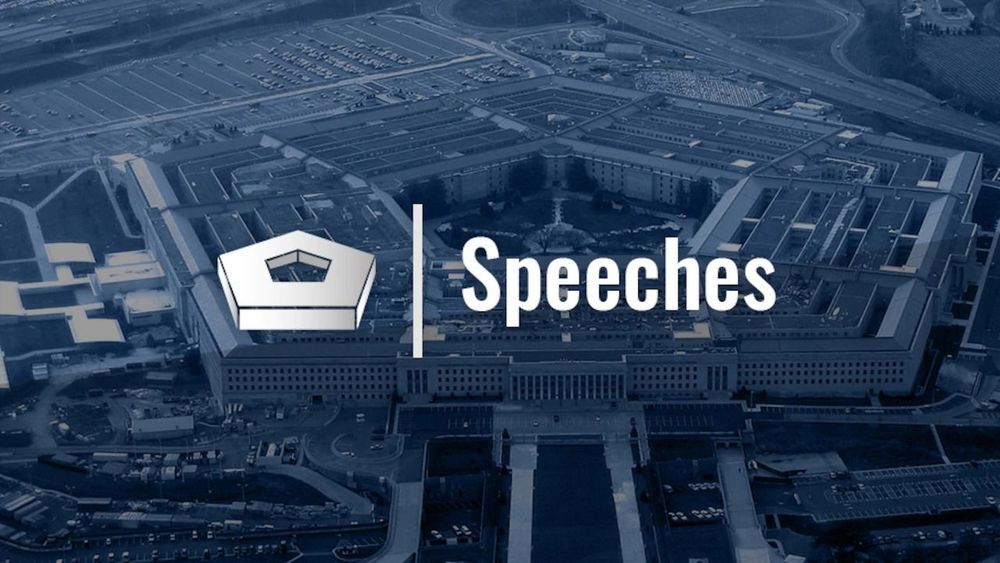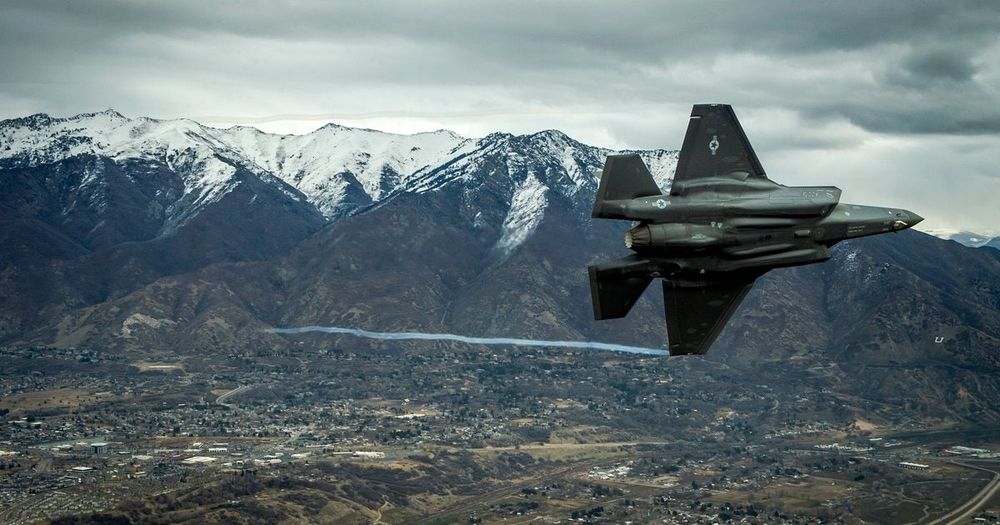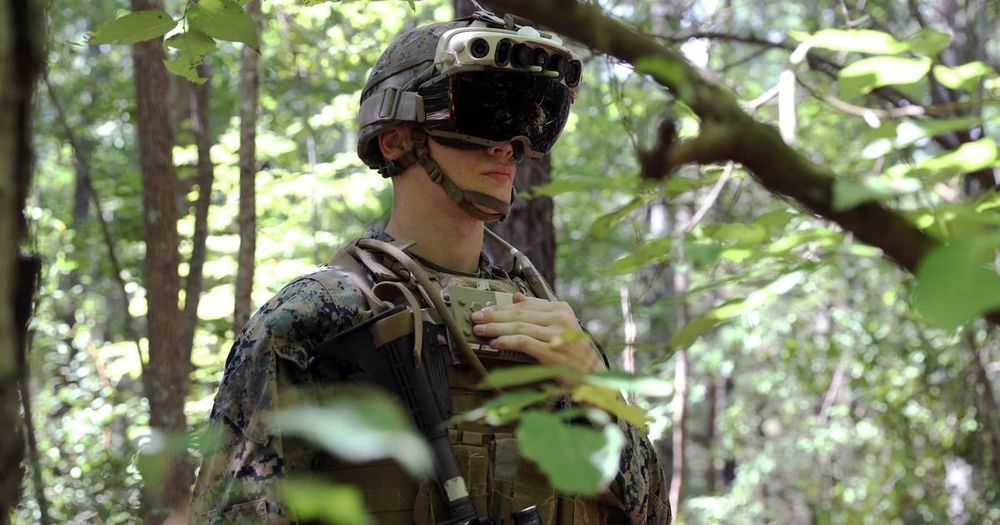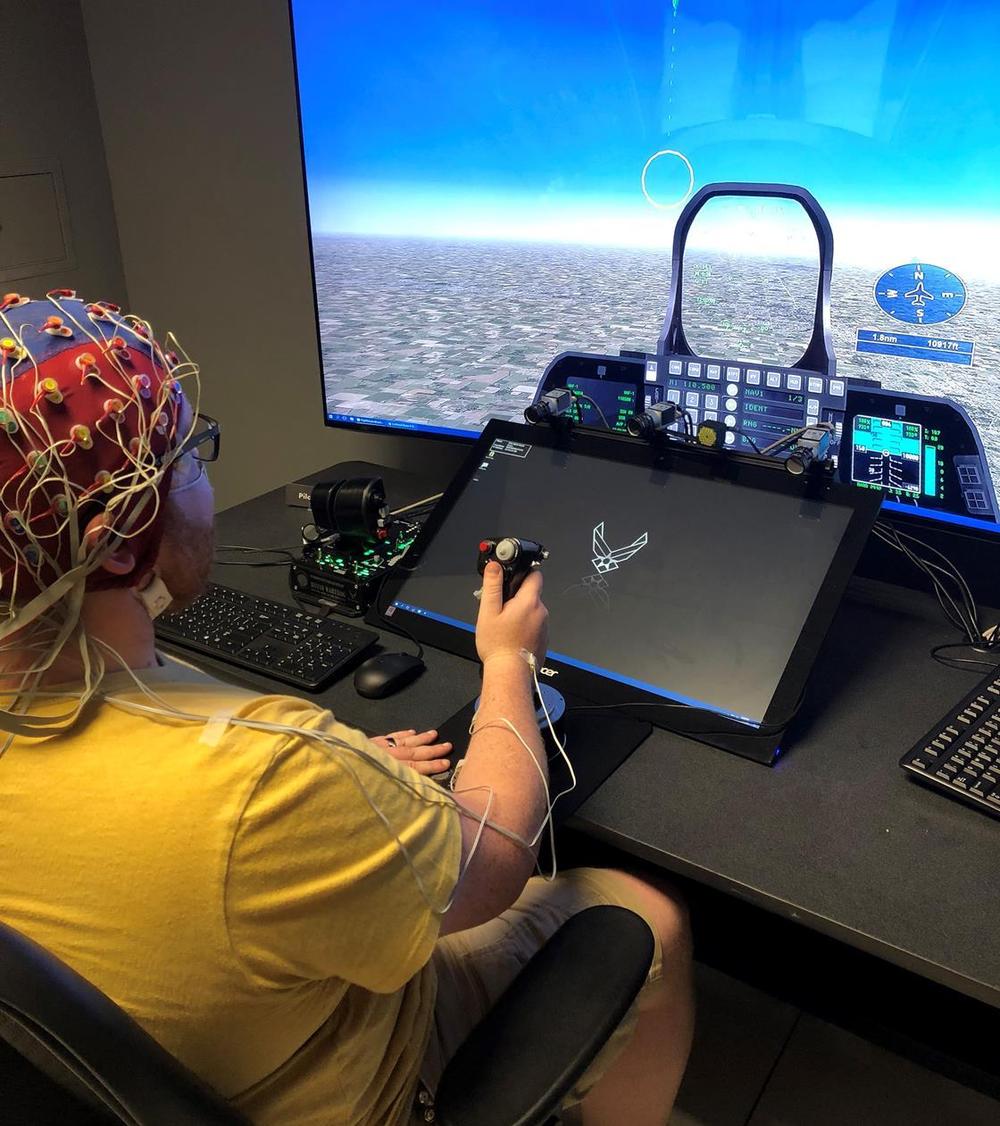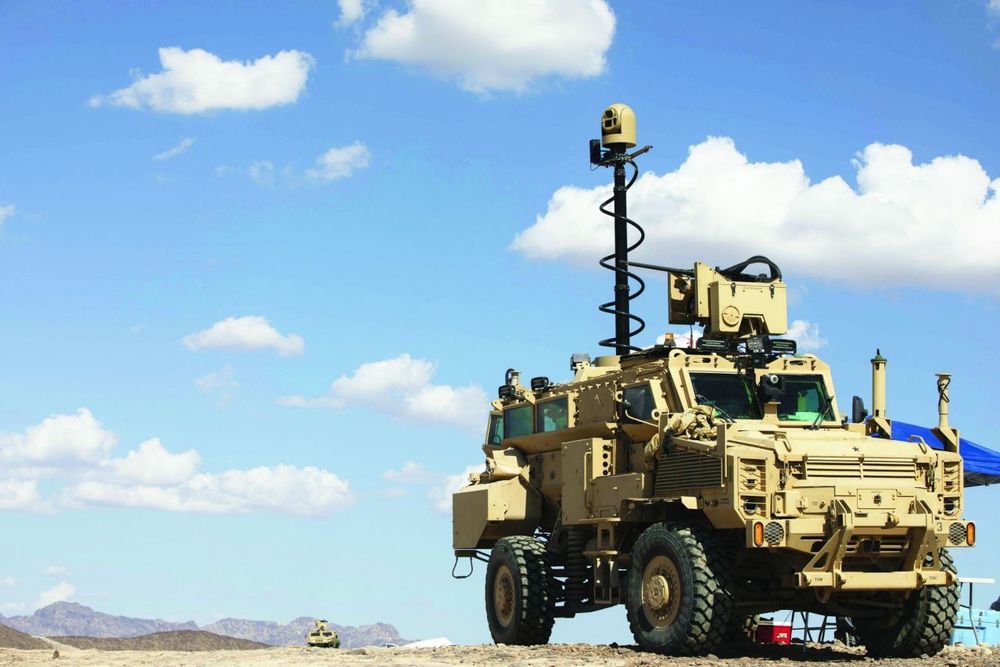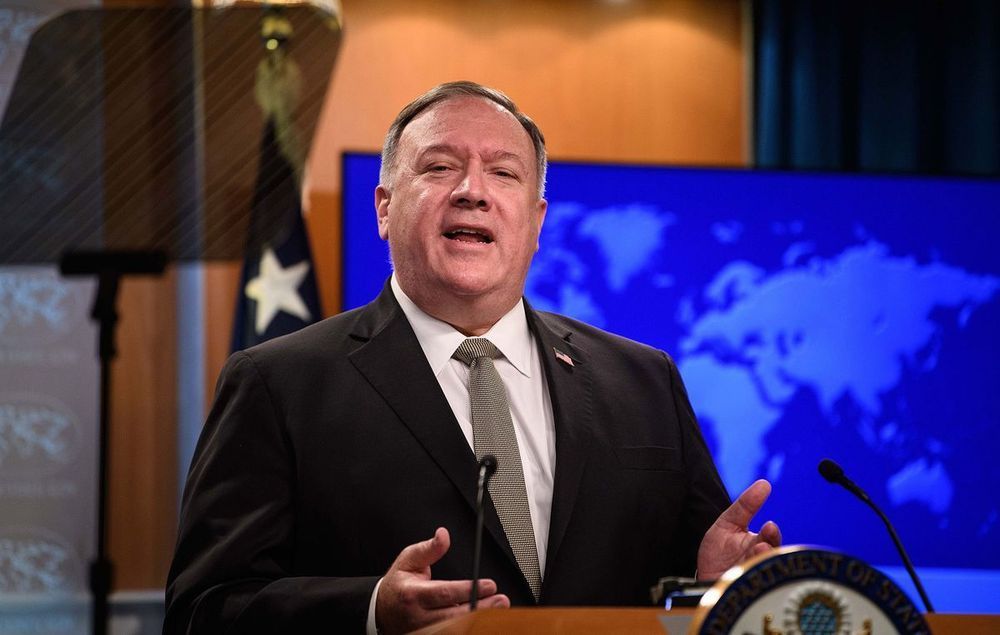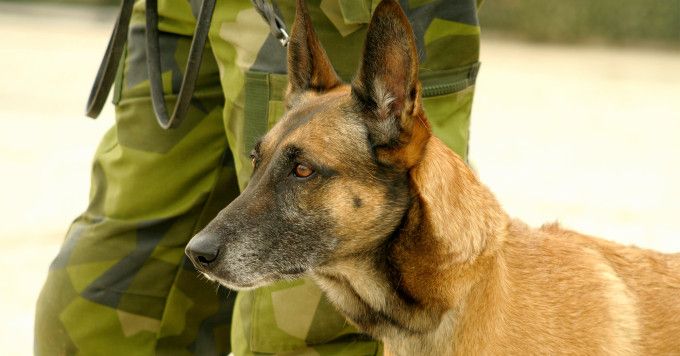Today, the Department of Defense announced $600 million in awards for 5G experimentation and testing at five U.S. military test sites, representing the largest full-scale 5G tests for dual-use applications in the world. Each installation will partner military Services, industry leaders, and academic experts to advance the Department’s 5G capabilities. Projects will include piloting 5G-enabled augmented/virtual reality for mission planning and training, testing 5G-enabled Smart Warehouses, and evaluating 5G technologies to enhance distributed command and control.
“The Department of Defense is at the forefront of cutting edge 5G testing and experimentation, which will strengthen our Nation’s warfighting capabilities as well as U.S. economic competitiveness in this critical field. Through these test sites, the Department is leveraging its unique authorities to pursue bold innovation at a scale and scope unmatched anywhere else in the world. Importantly, today’s announcement demonstrates the Department’s commitment to exploring the vast potential applications and dual-use opportunities that can be built upon next-generation networks,” said Michael Kratsios, Acting Under Secretary of Defense for Research and Engineering.
The test sites include: Hill Air Force Base, Utah; Joint Base Lewis-McChord, Washington; Marine Corps Logistics Base Albany, Georgia; Naval Base San Diego, California; and Nellis Air Force Base, Las Vegas, Nevada.

